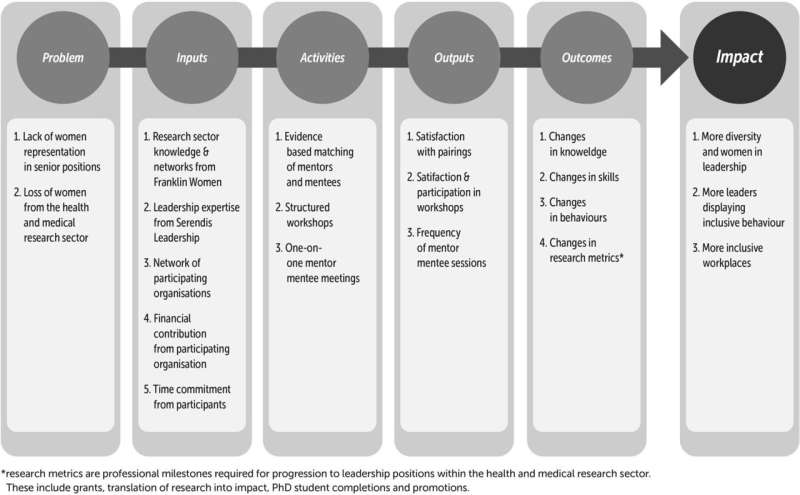Mentoring a boost for women breaking into senior medical research roles


One of the first studies to evaluate a mentoring program for mid-career women in Australian academic research shows it not only benefits participants but can also foster a more inclusive workplace.
Dr. Amy Vassallo, research fellow within the Global Women’s Health program at The George Institute for Global Health and lead author, said that structural barriers within the health and medical research sector were shutting women out of senior roles.
“We’ve now shown that formal structured mentoring programs can help change that dynamic, providing an immediate boost to women transitioning to leadership roles and shifting the culture to one where women can thrive,” she said.
While men and women are equally represented at student and early career levels within the health and medical research workforce, at mid-career women’s participation declines sharply and permanently, with women underrepresented in senior positions. While mentoring programs to address this exist, few are formally evaluated. This study was designed to fill a much-needed evidence gap to inform decisions about whether to invest in such initiatives.
Researchers surveyed 50 mentors and mentees from Australia’s health and medical research sector a year after they took part in 2018 Franklin Women Mentoring program, and a further 14 participated in follow up interviews. The findings demonstrated changes to knowledge, skills, behaviors and research metrics that were directly attributed to the program. Nearly half the mentees reported a professional promotion opportunity which they attributed to program participation.
Dr. Melina Georgousakis, founder of Franklin Women, said a strength of the program was that it included mentors of any gender and who were in leadership roles within their respective organizations, including institute directors, deans and team leaders.
“As this program includes workshops facilitated by expert leadership consultants, both mentees and mentors leave equipped with knowledge and tools to enact change in their own professional environments. This is essential for driving long-term cultural change at an organization and sector level,” she said. “We found that around three quarters of mentors reported that the program had a positive impact on team management, influenced difficult workplace conversations and improved their communication style.”
Mentees also recognized the organizational benefits, with nearly all saying the program influenced the knowledge and skills required to be more inclusive in the workplace. They overwhelmingly reported that the program helped them prepare for career progression, including developing a career plan, building resilience and expanding their networks.
Source: Read Full Article